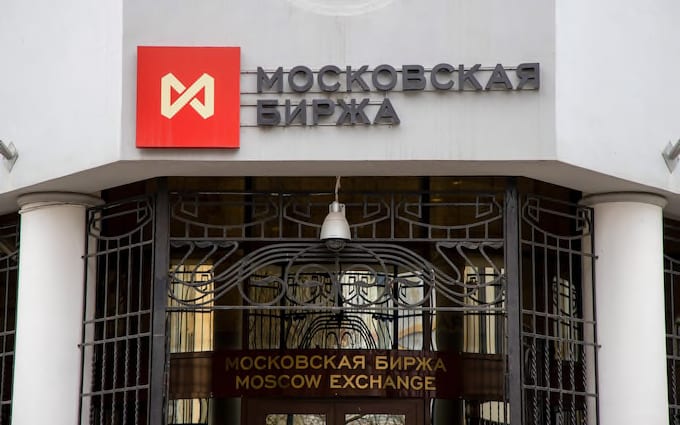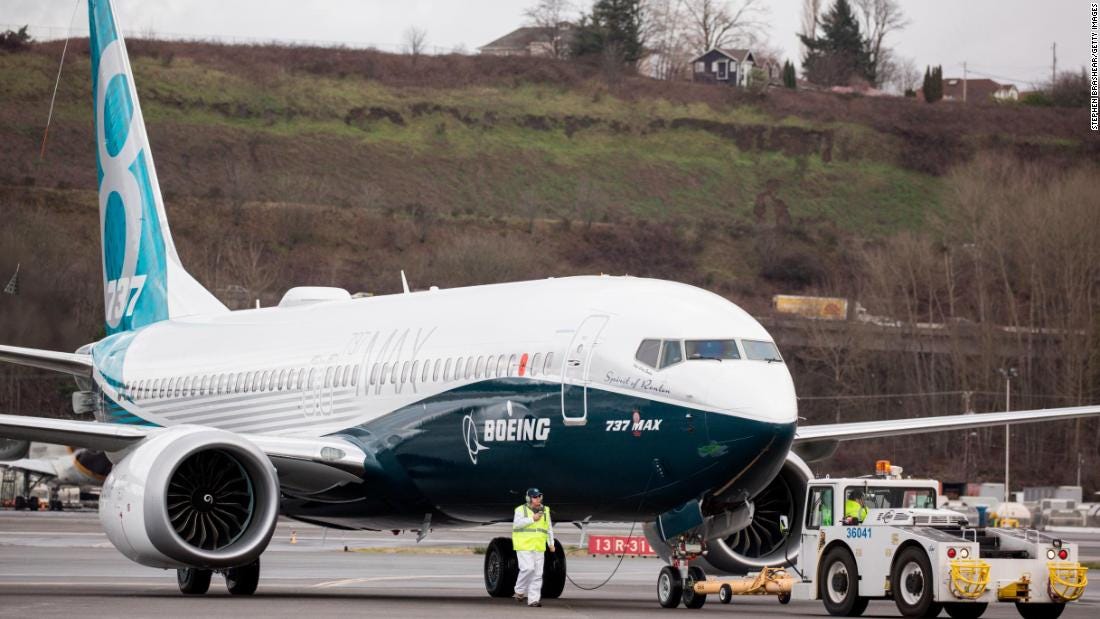4 Weeks of Closed Markets = Bad for Russia Investors
And last week's stock euphoria ebbs on inflation
March 21st, 2022:
Today, investors took a sober look at inflation headwinds following last week's rally, as most major US indexes closed lower:
• The S&P 500 was flat at -0.04%
• The NASDAQ Composite lost -0.58%
• The DOW JONES fell -0.4%
• The RUSSELL 2000 dropped -1.48%
Wall Street took out some of its gains from last week, as the Federal Reserve signaled again on Monday that it could accelerate rate hikes in the face of high inflation.
Meanwhile, commodities rallied after their sell-off last week, as energy supply and demand imbalances drove up oil prices by 8%. With so much volatility, asset diversification remains critical in this Market.
Here are today's stories.
1. Russia Reopens its Stock Market
Four weeks after halting trading, Russia reopened its stock Market for government bonds trading today. The Moscow Exchange has been closed since February 25th, after its companies plunged more than 30% in value following Russia's invasion of Ukraine.
Russian bonds lost 13% in value on Monday as holders worry over the government's ability to pay them in the future.
Why does this matter?
As Russia's war on Ukraine enters its fourth week, there is no end in sight as repeated negotiations for a cease-fire have not yielded any results. Many analysts call the conflict a stalemate, which will likely last for months, if not years.
While Russia grapples with sanctions, extended market closures are causing liquidity issues for Russia's Oligarchs and investors who are unable to sell their shares.
Russia-focused ETFs, such as iShares MSCI Russia ETF (ERUS), have lost nearly all their value. With Russia still restricting the trading of stocks, investors have had to write down the value of their holdings to close to zero.
2. Another crash involving Boeing
Tragically, a passenger airplane crashed today in China's Guangxi province. The Boeing 737-800, operated by carrier China Eastern Airlines was carrying 132 people on board at the time of the crash.
The crash follows two fatal accidents involving a Boeing 737-MAX in 2018 and 2019, which grounded the airplane model for two years. Boeing agreed to a settlement of $2.5 billion in 2021 for its role in the accidents.
While not the 737-Max, today’s 737-800 crash could spell tough times for Boeing ahead, as it is the most commonly used commercial plane with 4500 planes in service worldwide.
Why does this matter?
Alongside Europe's Airbus, Boeing is one of just two global players in the Commercial jetliner manufacturing industry. Once highflying, Boeing's stock has had a tumultuous five years.
First, Boeing had to contend with faulty software being one of the contributing factors to the crashes in 2018 and 2019. Soon after, the Pandemic curbed travel and orders for new airplanes, proving catastrophic for the storied plane maker.
Boeing’s Market Value is down more than 25% over the past year
Boeing has seen more than 50% of its market value wiped out since the start of the Pandemic, and is down -27% over the past year. Monday's crash has led to more headwinds for the company, with its stock trading -3.59% down today.
Further Reading:
CNBC: Boeing 737 passenger jet crashes in China with 132 people on board







